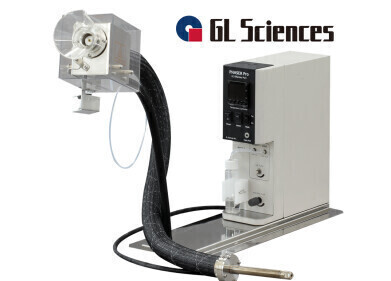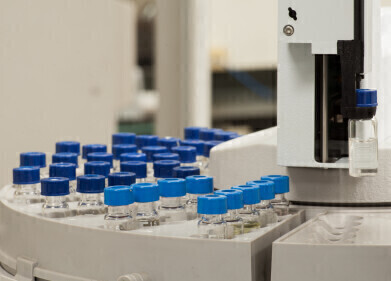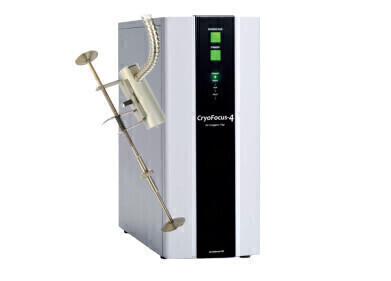GC, MDGC
Does Your Child’s Safety Seat Contain Toxic Chemicals? Chromatography Explores!
Jun 30 2015
We all must use a child’s safety seat when transporting little ones in our cars – it protects them in the event of a collision and keeps them secure in their seat. However, recent studies show that there may be some unpleasant and unwanted side-effects of these safety seats; namely, harmful chemicals that go into their makeup.
How do we know this? Well, Consumerreports.org recently conducted a study which found that a whopping 73% of car seats tested contained harmful chemicals. The study involved testing 15 different brands of car seat using the scientific technique of gas chromatography with mass spectrometry (GC-MS), which separates out a compound into its various components. Chromatography, though it might sound complicated, actually crops up in our daily lives more often than you’d think – for a list of five common applications of the practice, check out this great article.
Which Chemicals Are Present?
The main offending chemicals are those which are used in the creation of flame-retardant properties in the chairs. Namely, these are bromine and chlorine, among others. These halogenated retardant have been found to cause a wide variety of health complaints, and are all the more dangerous for being a) persistent (their dangerous properties don’t reduce or break down to a safer state over the course of time) and b) bioaccumulative (they gather in your system over time, thus posing a greater risk).
Furthermore, the car seats have also been known to contain lead and other heavy metals, which along with the flame-retardant chemicals, can cause a wide variety of ailments. These include:
- Thyroid complications
- Decreased fertility
- Learning difficulties
- Memory impairment
- Liver toxicity
- Cancer
- Behavioural changes
Effectively, the car seats can release these harmful chemicals over time and transform the vehicle into a breeding ground for illness and disease. Children, especially babies who use the car seats for many hours a week (or even a day), are clearly at most risk.
Know the Facts
In terms of keeping toxic chemicals out of your home, City Technology is one of the companies with the leading reputation in this field. The article 20 Years of Toxic Gas Sensor Manufacture explains in detail what sets this German outfit above the competition and outlines why you should consider installing such a sensor in your home.
However, when it comes to the car, removing the chemical-omitting offender in the first place is the best way to avoid problems. To achieve this, simply do your due diligence before buying. Sites such as ecocenter.org have rankings for children's car seats, giving you a consumer guide on which is best to buy.
Companies like Clek and Britax are at the forefront of addressing the problem and taking pro-active measures to combat toxicity in its products. Graco, one of the biggest manufacturers in the industry, are also one of the sloppiest in this respect. Do your research prior to making your purchase, and you can vote with your wallet and send a message to these companies that you take your child’s safety seriously in all aspects.
Events
May 11 2025 Vienna, Austria
May 18 2025 Tempe. AZ, USA
May 21 2025 Birmingham, UK
Jun 01 2025 Baltimore, MD, USA
Jun 15 2025 Bruges, Belgium














